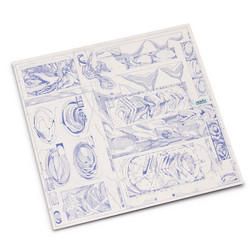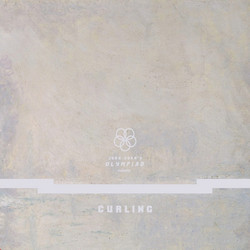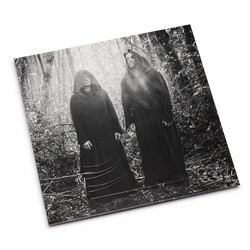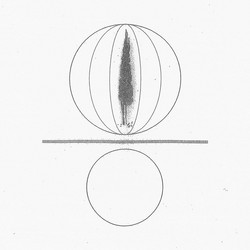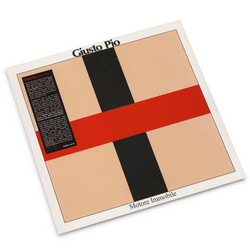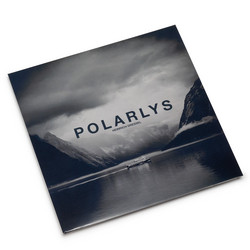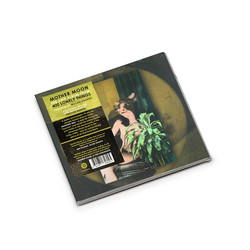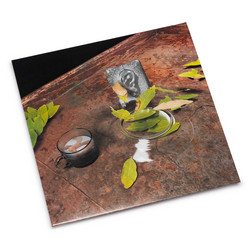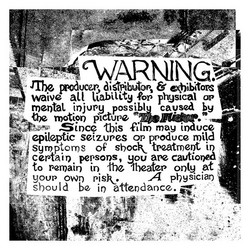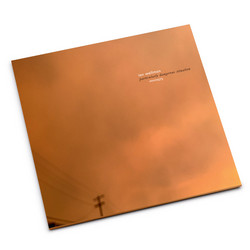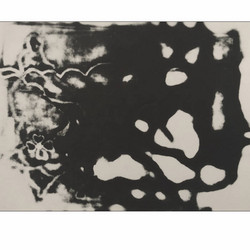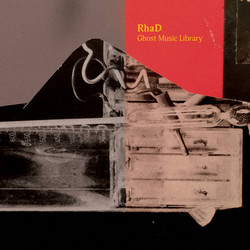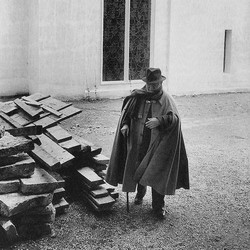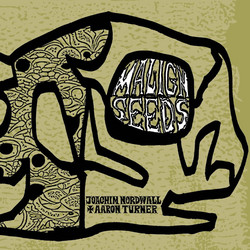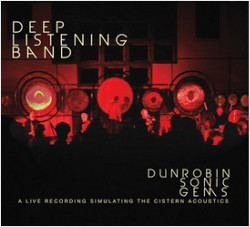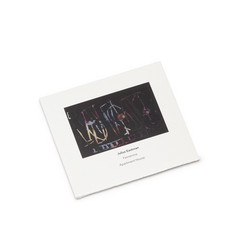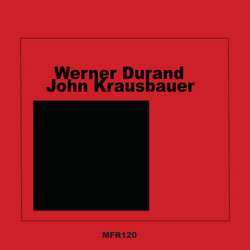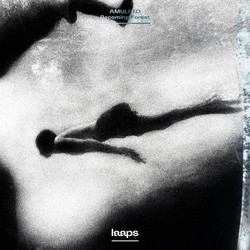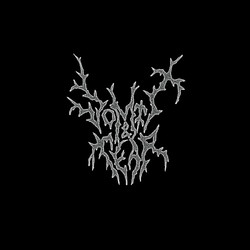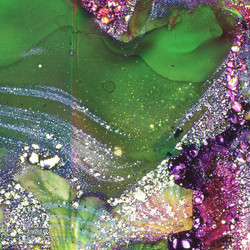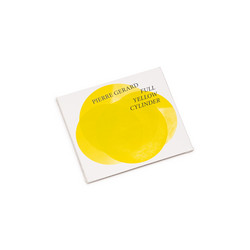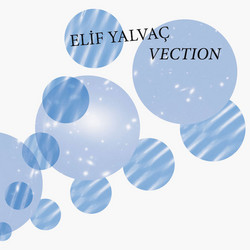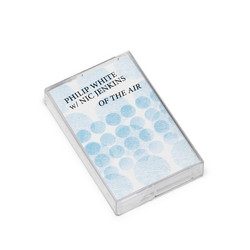* Edition of 100 * For Filaments, I used a 1968 Heath EUW-27 sine generator to create a series of overlapping tones that were recorded to tape. While being played back, I added a lower frequency sine wave run through a ring modulator and slowly rode the pitch shifting dials in real time, improvising alongside the playback. "Filament I" is broken up into three controlled parts, Part I is led by the interaction of the first grouping of tones, Part II is led by subtle shifts in the ring mod, and Part III sees active interaction and an attempt to balance both with the addition of the microshifts in frequency as a result of the tape machine's old motor and belts having to pull the increasingly weighty take-up reel. "Filament II" is a more freeform exploration of the same processes, but with the addition of a phaser.
I am not a synthesist, but I have a bit of an obsession to run pure tones and waveshapes from my various function generators through tape. And these old machines love doing the work as much as I do. One of the reasons I've always been drawn to the pioneering work of Éliane Radigue is because I share her "forest" view of longform synthesized work, as opposed to the "trees" view, getting distracted with knobs, filters, micro-perfections and endless possibilities which ultimately lead to a more fragmented approach and final product. This piece is inspired by and attempts to somewhat reimagine Radigue's 1973 piece, Transamorem - Transmortem.
For my 2013 work, Chants Beneath the Bed of the Furnace Brook, also heavily inspired by Radigue but with less precision paid towards recreating her working methodology from the early 1970s era, the "forest" view was transposed to more of a "river view"—which is to say, seeing the piece as a whole, but with an ear towards movement and flow. Filaments, on the other hand, tries to focus on stillness. As such, one of the things that the process of executing this work has made evident is just how skilled and delicate Radigue is at keeping all of the frequencies at play controlled, and attenuating their desire to wander. Whenever I work with stacked sine tones, their playful auditory interaction via binaural rhythms and jarring distortions caused by cent differences is evident in perception always. It takes great care to keep it all together, especially when tape is involved. This piece has made me appreciate Radigue’s sophisticated stillness much more, and in particular, Transamorem - Transmortem. - Jeremy Young

